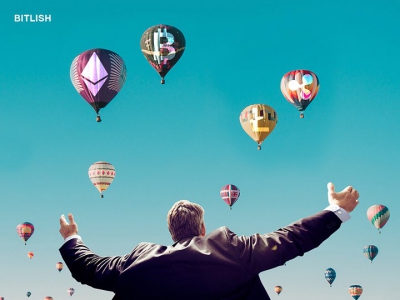PayPal accounts, also called Digital Wallets, cannot be regarded as digital currency, the company claims in an official report submitted to the Australian Senate in late December explaining the payments giant's views on digital currency and, specifically, bitcoin.
The Australian Senate launched the Digital Currencies Inquiry in October 2014 with the aim of concluding the inquiry by March 2015. Submissions were closed on November 24th, with about 50 statements received, according to the inquiry’s website. Nevertheless, the PayPal report is dated from December 24th. The first hearing into cryptocurrencies was held in November with participation of the US Chamber of Digital Commerce, the bitcoin industry’s representative body in Washington, DC.
Last September, PayPal announced that it will begin accepting payments in bitcoins through its subsidiary Braintree. To make the integration possible, PayPal partnered with major bitcoin payment operators BitPay, Coinbase, and GoCoin. These partners will process all bitcoin payments for PayPal on their platforms, the report states.
The report, which was made public recently, stresses that PayPal wallets will not use bitcoin and therefore should be exempted from any proposed regulation: “At this stage, consumers will not be able to store Bitcoins in their PayPal digital wallets.” In PayPal’s view, a line should be drawn between digital currencies and businesses that work with them. "PayPal has built a digital wallet that can take multiple types of currency – in recognition of the changing payments environment. Therefore regulation of digital currencies should not be applied to PayPal as we are already appropriately regulated," the document stresses.
PayPal welcomes regulation if a clear definition of what a digital currency is can be adopted. The company claims also that non-payment applications based on the blockchain technology should be distinguished from payment methods. "The government should clarify that non-payments applications will not be subject to payments regulation," the company suggests.

















